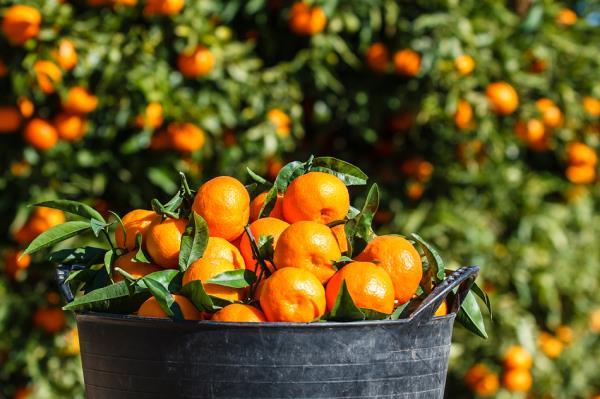Valencian citrus and vegetable growers opt for more profitable crops
Spain
Thursday 15 February 2024
VU
Rising citrus production costs and reduced profit margins have led farmers in l'Horta, a region in the province of Valencia (Spain), to seek more profitable alternatives (photo: agronewscomunitatvalenciana.com).
Rising citrus production costs and reduced profit margins have led farmers in l'Horta, a region in the province of Valencia (Spain), to look for more profitable alternatives. Local media report that there is less and less production of citrus fruits, vegetables and so on. Tigernuts have been the lifeline of the Valencian market garden and are one of the few crops that remain.
As far as citrus is concerned, five years ago, 40 of the 43 municipalities in the region had citrus groves and the surface area was 12,917 hectares. However, this figure has decreased by 1,563 hectares to 11,354 hectares at the end of last year.
By municipalities, Picassent, Torrent and El Puig continue to be the main producers. However, five years ago, these municipalities had much higher figures. For example, in Picassent there were 3,965 hectares of orange and other citrus groves in 2017, compared to 3,316 last year. For its part, Torrent has lost 146 hectares, going from 2,160 to 2,014. Meanwhile, El Puig settled for 1,013 hectares compared to 1,145 in 2017.
There has also been a decrease in the cultivation of vegetables in l'Horta, from 2,893
hectares five years ago to the current 2,351 hectares. Specifically, onions (388 compared to 701) and artichokes (231 compared to 361) have lost the most land. Potato fields have also seen a decrease from 541 to 523 hectares.
Farmers in this area are opting for products that are in trend and therefore in greater demand. This change is particularly noticeable in the southern part, where vegetable fields are being replaced by kiwi, persimmon or avocado.
These crops are more profitable and require less investment in water and phytosanitary treatments. In addition, the payback period is considerably shorter compared to citrus, which makes them a more attractive option for farmers.
fuente: levante-emv.com





